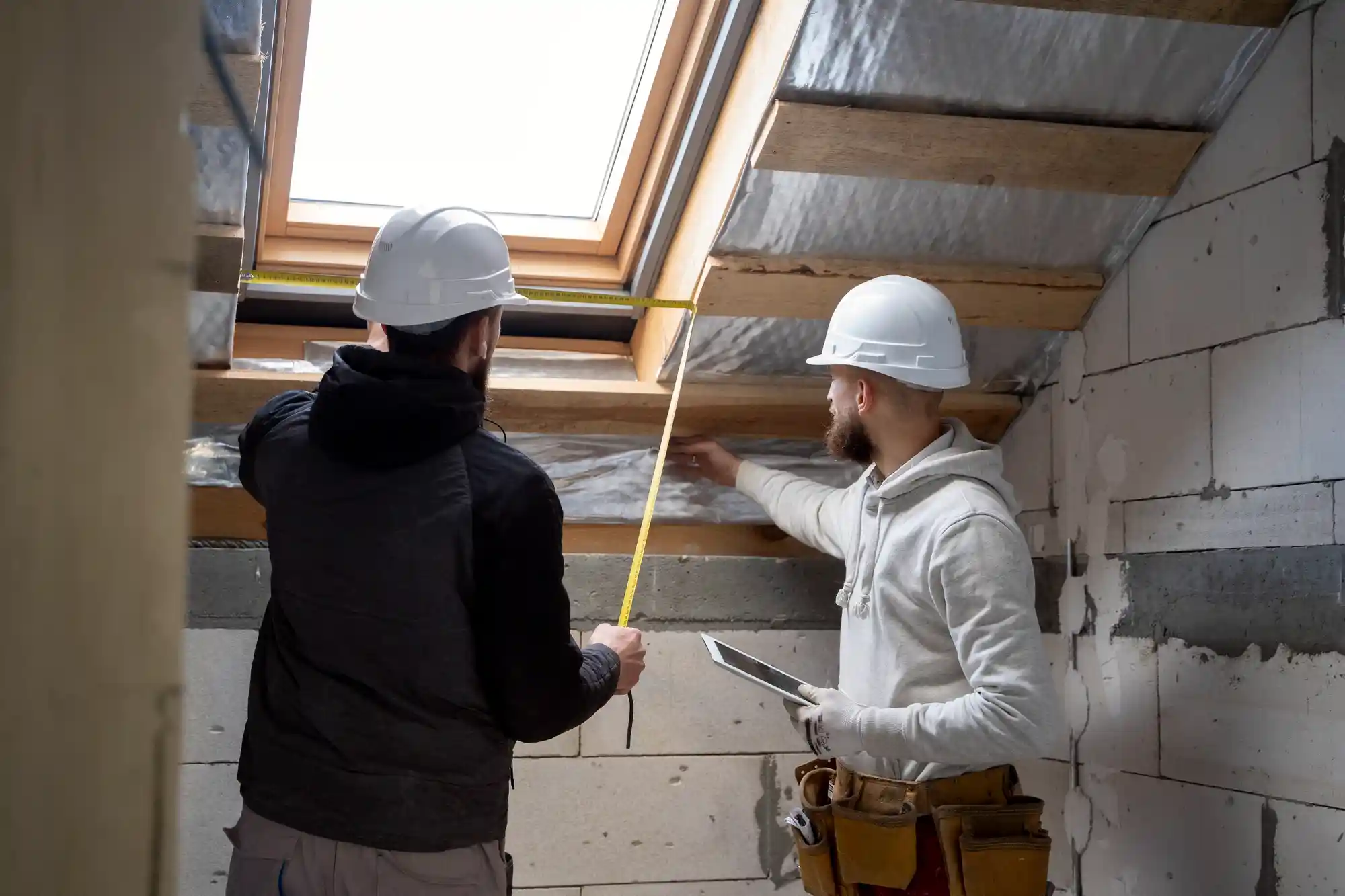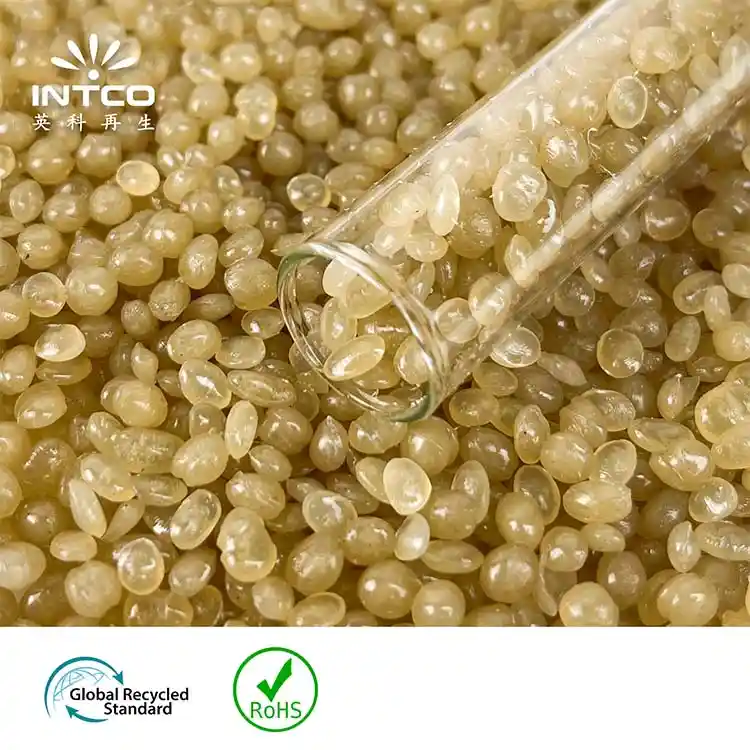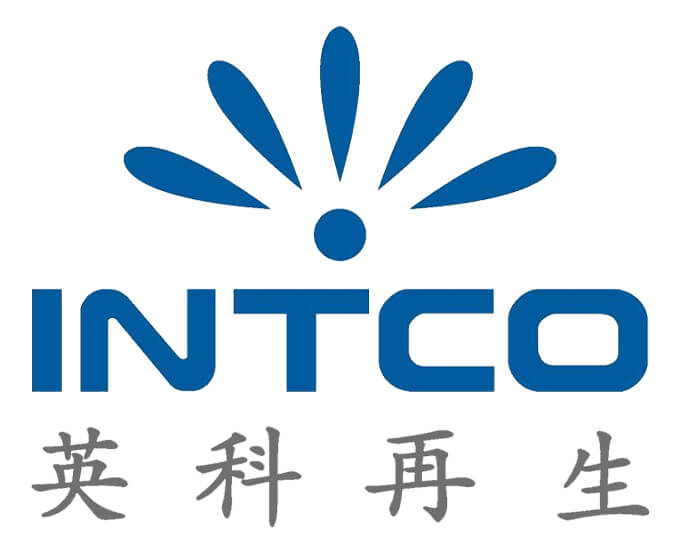When you’re thinking of insulating your home or building, it’s crucial to consider how long the insulation will last. The ideal material should offer performance and retain its efficiency over the years. Expanded Polystyrene (EPS ) insulation is a favored option because of its characteristics and flexibility. What is the actual longevity of EPS insulation This article will delve into the lifespan of EPS insulation the factors impacting it and why it could be an option for your requirements.

Basics of EPS Insulation
To truly grasp the longevity of EPS insulation, it’s essential to have an understanding of its basics and how it operates as an insulating material.
What is EPS?
EPS, or Expanded Polystyrene, is a type of rigid foam plastic. It’s created by expanding polystyrene beads using steam, which results in a lightweight, closed-cell structure. The trapped air within these cells provides insulation properties. EPS is essentially inert, making it resistant to many natural degradation processes.
How is EPS Used for Insulation?
EPS finds its place, in insulation uses like:
-Insulating floors with EPS boards is suitable, for both suspended and solid floor types.
-External wall insulation often utilizes EPS to offer thermal protection and enhance energy efficiency measures.
-Roof insulation typically involves the use of EPS in roofs designed for long-term durability.
-Insulating Concrete Forms (ICFs): EPS is also a key component in ICF construction, where it provides insulation and a form for concrete.
Lifespan of EPS Insulation
Now that you’re familiar with EPS and its applications, let’s discuss its lifespan.

Factors Affecting EPS Lifespan
Some elements can impact the longevity of EPS insulation.
-Being out in the sun for long can lead to some damage from UV rays.
-Interaction with hydrocarbons can impact EPS performance.
-Physical harm can affect the foam structure and strength.
Expected Lifespan of EPS in Different Applications
The duration of Expanded Polystyrenes longevity can differ depending on its usage and location.
-Floor Insulation longevity can range from 30 to 50 years when EPS is utilized.
-When EPS is utilized for insulating walls it can offer durable thermal protection that can last anywhere from 30 to 50 years.
-ICFs utilize EPS in their construction which can last indefinitely as it is shielded from substances and external elements that cause deterioration over time.
Over time – after 15 to 30 years – EPS tends to exhibit slight deterioration when present in soil.
Benefits of Using EPS Insulation
When embarking upon a building project, EPS insulation may be a choice for several reasons worth considering. Let’s delve into its benefits.
Thermal Performance of EPS
EPS is highly prized for its insulation properties as the closed cell structure traps air efficiently to offer an R-value that resists heat transfer effectively and aids in maintaining a cozy indoor temperature while lowering energy usage.
Other Advantages of EPS
EPS has other benefits you might find valuable:
-EPS is recognized for its ability to resist moisture and can effectively deter the growth of mold and mildew.
-One of the attributes of EPS is its strength;
-Versatility is a feature of this product as it can be applied in different settings such, as floors walls, or even roofs.
-The lightweight feature of EPS allows for handling and installation.
-Long Lasting: EPS can last for a long time in some cases, potentially unlimited.
Choosing the Right EPS Insulation
Choosing the kind of EPS insulation for your project is crucial to ensure top-notch performance. Let’s discuss factors you ought to take into account.
Thickness and Performance of EPS
The thickness of your EPS insulation is crucial for its effectiveness in insulation purposes; typical thicknesses vary between 25mm to 150mm range of options are available for your selection based on your insulation requirements.
Proper Installation
It’s essential to install EPS insulation to guarantee its durability and efficiency in the long run! Make sure to seek advice from trusted suppliers and follow installation techniques to extend the lifespan of your insulation effectively! Additionally ” adequate installation plays a role in preventing moisture-related issues that could potentially harm the material’s structural integrity.”
Recycling EPS and Sustainability
It’s important to consider the longevity of EPS and how it integrates with recycling practices.
Challenges in Recycling EPS
Although EPS can be recycled enough there are a few hurdles to overcome:
-Bulky Material: EPS, especially in its expanded form, is very bulky, which can increase collection and transportation costs.
-Contamination is an issue with EPS, in food-related uses and can be challenging to control effectively.
Despite the difficulties they face in this endeavor; a few businesses are moving forward with recycling EPS materials in industrial settings.
Intco Plastic: A Reliable rEPS Supplier
Intco Plastic specializes in recycling and producing recycled polystyrene (rPS) through a quality control procedure that includes sorting by color and granulation after compression to generate top-notch rPS pellets that can be incorporated into a closed-loop system to support sustainable growth initiatives. This company offers industrial chain solutions to assist businesses in reaching their sustainability targets Intco Plastic’s recycled plastics find diverse uses in sectors, like construction and home decoration.
Conclusion
EPS insulation is known for its durability and versatility with a lasting quality that can be extended through protection from UV rays and hydrocarbons for both floor and wall applications lasting between 30 to 50 years while in ICF uses it could potentially have a lifespan with the correct thickness and installation methods in place to fully optimize its advantages despite challenges in recycling EPS; innovative companies such as Intco Plastic are actively seeking solutions to address this issue.
FAQs About EPS Insulation Lifespan
Let’s discuss some questions you might come across regarding the longevity of EPS insulation.
How does moisture affect the lifespan of EPS insulation?
EPS is recognized for its ability to resist moisture effectively and prevent the growth of mold and mildew; extensive contact with high levels of moisture could lead to the deterioration of the insulation material gradually over time. It is crucial to guarantee installation and effective drainage systems to reduce exposure to moisture.
Can the lifespan of EPS insulation be extended?
Certainly! Some elements play a role in prolonging the durability of EPS insulation.
Make sure the insulation is installed properly to avoid any harm and the buildup of moisture in the installation process.
To shield EPS when used outdoors and reduce UV degradation risk avoid sunlight exposure.
Steer clear of hydrocarbons to prevent EPS from being harmed by substances.
Is EPS a sustainable insulation option?
EPS could potentially be a lasting choice when factoring in these aspects;
Longevity is a feature as it helps to decrease the frequency of replacements needed. While it can be challenging, recycling EPS is possible and beneficial. Using EPS for insulation can help save energy thanks to its efficiency in resource utilization. By being conscious of its impact and using EPS insulation responsibly.












